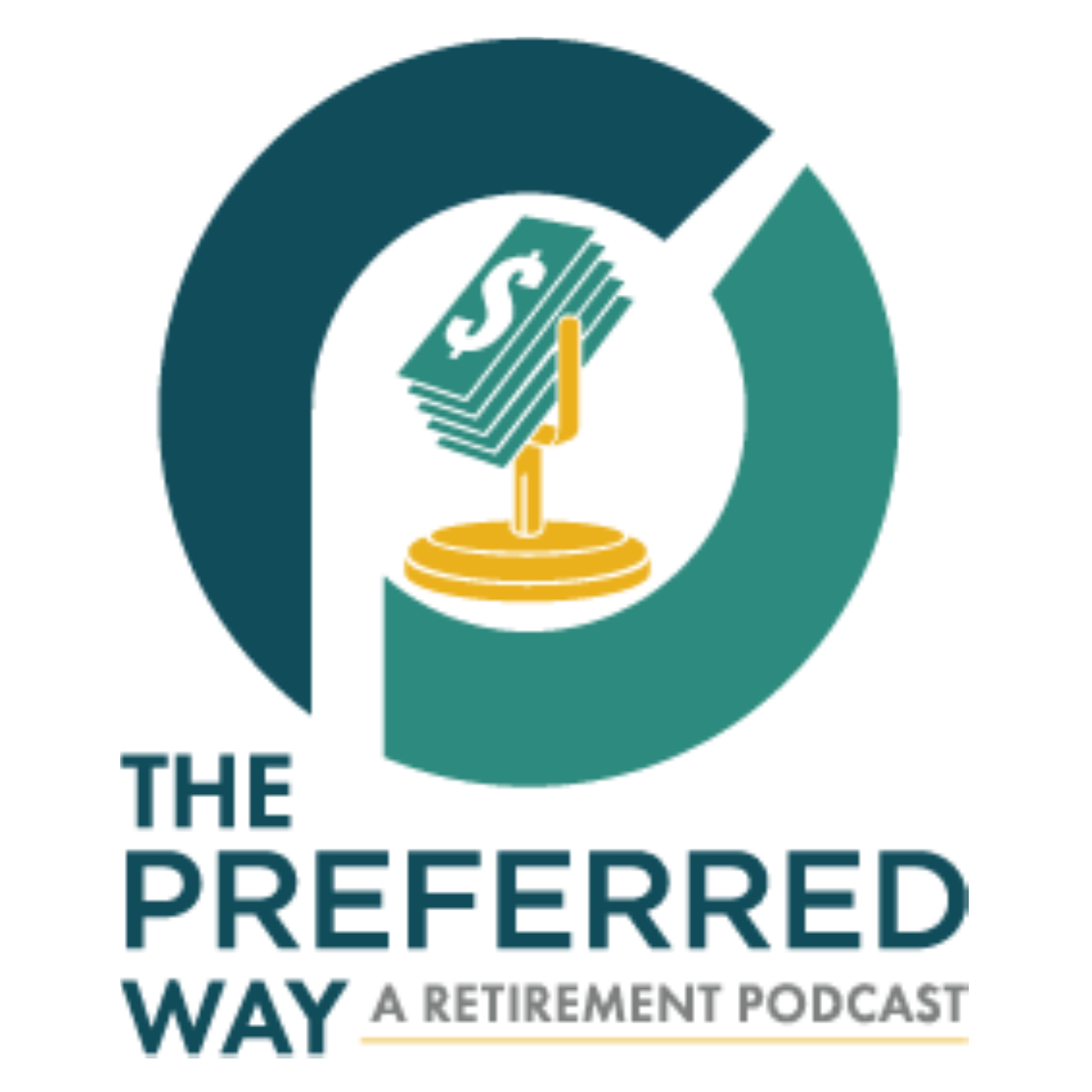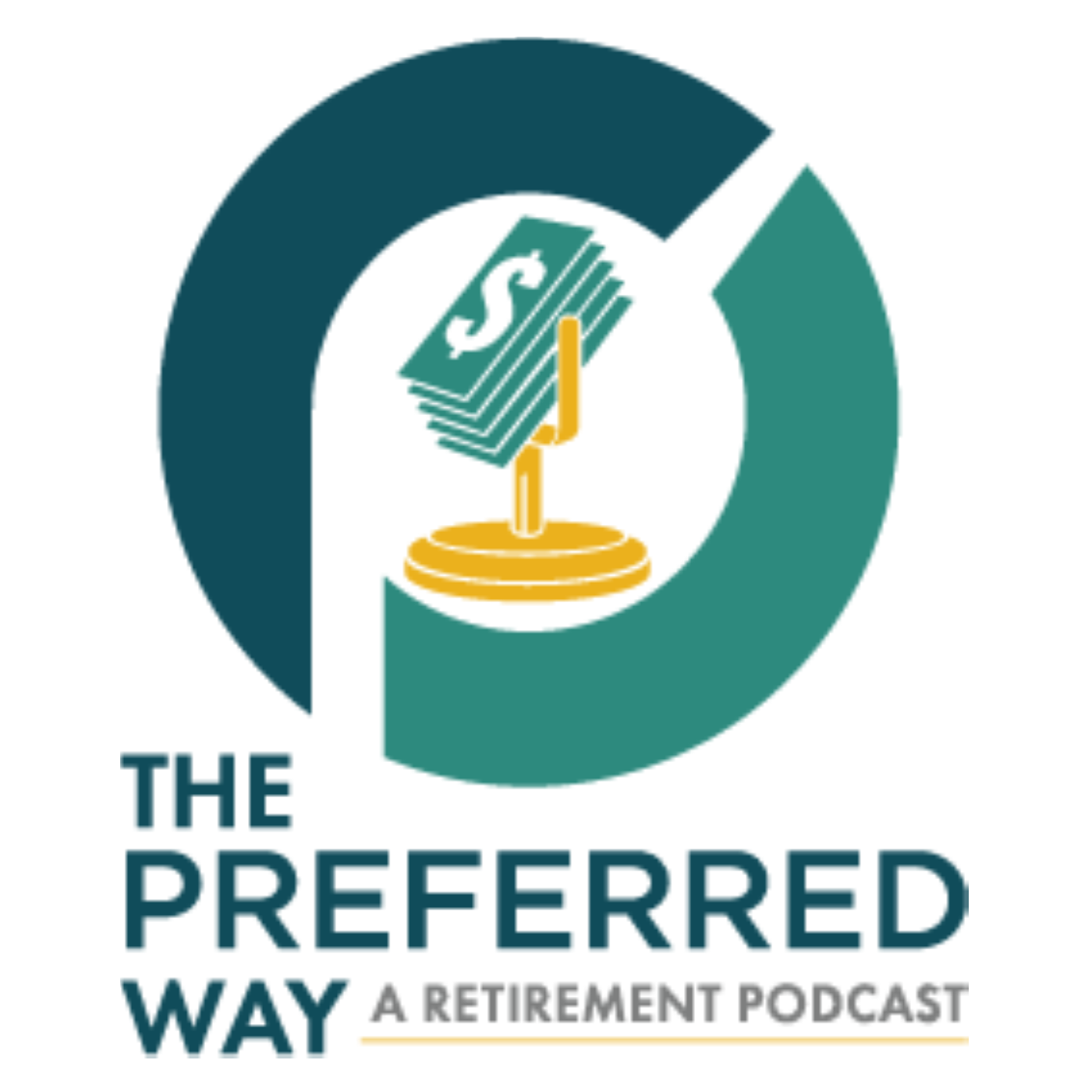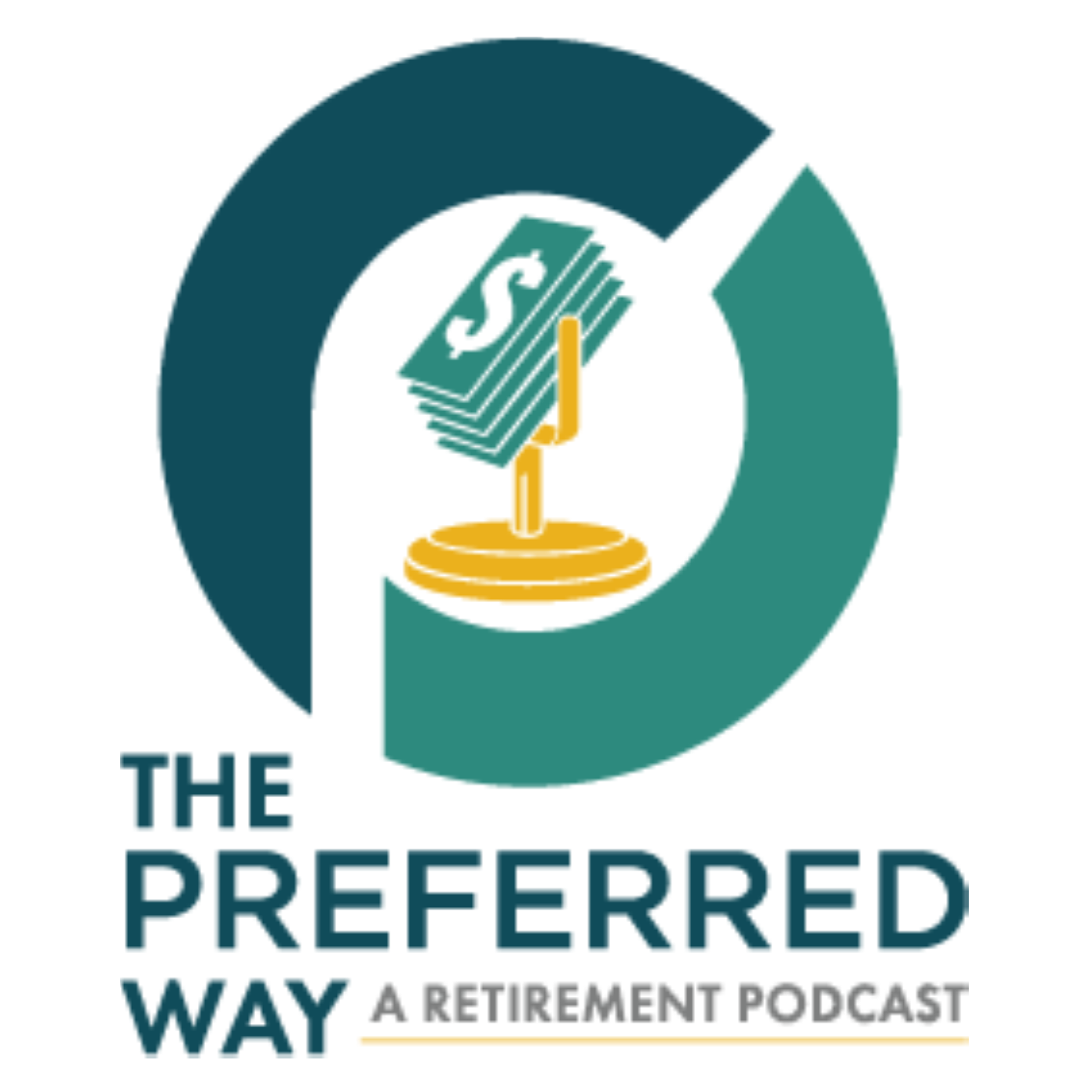[00:00:01] Speaker A: You're listening to PTC point of view brought to you by preferred trust company, the preferred custodian for all alternative investments. We're here to provide retirement savers like you with the tools you need to succeed. Need a confidence boost when it comes to investing outside of the stock market? Do you want the power to build a tax sheltered nest egg that will last through your golden years? You've come to the right place. Turn up your speakers and turn off cruise control because we're taking you on the alternate route to investing with your IRA.
[00:00:38] Speaker B: Hi, everybody. Thank you for joining us today. I am Kerry Cook, CEO of Preferred Trust Company. I am glad to be here. So let's go ahead and get started. We're going to really hone in today on a Sep IRA. But before we do that, let's talk about the three types of tax deferred plans that you can set up in an IRA. And tax deferred income means just this. Simply put, you are not paying tax on the way into the qualified plan. You pay the tax when you take your distributions out. You have a traditional ira, a sep ira, and a simple Ira. All three of these fall under the tax deferred income umbrella. We're going to hone in today about a Sep IRA specifically. And the reason we're doing that is because we know that born out of the pandemic and everything that's occurred, we don't realize that there are opportunities for us to start our own businesses. And when we start our own businesses, we tend to get relaxed on our retirement accounts because we're so focused on growing our businesses that sometimes we forget about ourselves. So I'm going to bring it back down into reality. We're going to talk about the SeP IRA for small business owners. So a sub IRA, the definition is a simplified employee pension notice. It's not plural, it's an employee pension. It's specifically intended to be used for a single employee. So that is you as a sole proprietorship of your limited liability company, simply put. So let's talk about the advantages of doing this. Well, first and foremost, the contribution levels of a Sep IRA far outnumber any other contribution retirement type that's available to you besides a deferred comp plan, of course, where you can put far greater than this away. But this particular one allows for up to 25% of your compensation that you're paying yourself from your company, or 61,000, whichever one is less. So we want to make sure that we're focusing our attention on that. You cannot exceed the $61,000 threshold. Now that's a lot in comparison. I'm going to go back just real quick.
This traditional IRA 6000 a year, simple Ira 14,000 sep Ira 61,000. That is a huge difference. It's maybe something you should consider when you are self employed. This is based on your self employed earnings. If you operate as an s corp, it's based on the wages you pay yourself.
So depending upon how you've set up your company, there may be some variations to that.
The second thing that I think is an advantage, but the contribution percentages each year can vary with modifications to the adoption agreement. Or when you set up your adoption agreement to create your SEP IRA, you can select discretionary formula that allows you from year to year to decide whether you want to contribute up to the 25% or 61,000 or maybe less than that. Every year our businesses have different income thresholds. Every year we're facing different economic situations. So each year you may not be able to put 61,000, but wouldn't it be great to know that you could? This is a pre tax contribution. What that means is the funds that are going in offer you a tax deduction because that's less income that you personally or your company is generating.
So let's talk through that for just a second. Let's say you're sitting with your tax accountant, you're doing the taxes on your company, you get to the bottom line and you owe $40,000 that year.
Have you ever considered maybe paying yourself, that is Sep IRA versus paying the IR's?
[00:04:50] Speaker C: Now, we finally have some changes in 2023, which is super exciting. We haven't seen increases in two years. So we're finally going to receive some increases in 2023. So let's talk about 2023 because we are at the end of 2022 now. You can still make contributions in 2022 all the way through April 15 of next year.
[00:05:18] Speaker B: So 2023.
[00:05:20] Speaker C: Let's focus on that for just a minute. The SEP IRA is intended to be for a small or sole business owner. That business owner can contribute 25% of their compensation or $66,000, whichever is greater. I think it actually says whichever is lesser. But let's be honest, what a huge increase over a traditional or a roth contribution. So if you are a sole or very small business owner and want to elect to have a SeP IRA, know that these contribution limits are out there and available to you and could reduce the income of your business, therefore decrease the potential taxes that you're paying. So please look into this. Ask your cpas and your tax professionals about this.
[00:06:16] Speaker A: You're listening to PTC point of view brought to you by preferred trust company.
[00:06:25] Speaker B: The fourth item is you have control of your investments in a SeP IRA.
Most of us have had a 401K plan in our lifetime, and 401K plans, you are honed into a specific box in which you have to invest in, typically stocks, bonds and mutual funds. Having a SEP IRA eliminates that and gives you an option to invest in alternative investments. So right now, just give you an example. I've lost about 20% of my 401K plan just because of market volatility. My investments, my alternative investments that I've had in real estate, I've actually made money. I'm not losing money, I'm making money. So having that diversification really is key to the longevity of your retirement plan.
No annual tax filings for you. Okay, yes, you're going to file taxes for your company, but as far as filing any taxes related to your Sep IRA, your custodian will handle all of that for you. So that's something that you don't need to handle. It's all part of the cost of having a sep Ira.
It's easy and inexpensive. Oh, I just said cost of having a sep Ira. The fee schedule for preferred trust is online. Whether you have a traditional or a sep or a simple or whatever it happens to be, our fee schedule is a standard fee schedule. So check out that fee schedule. We're not going to talk about that here. But setting up a sep Ira is simple. It can be done online in a matter of minutes and it's fairly inexpensive for you to operate that.
Okay. With every advantage there are disadvantages and I want to make sure that I cover those as well. So let's talk about the disadvantages of a sep Ira.
Number one, you do have your elective salary deferrals and catch up.
50 plus. That's out. Why is it out? It's out because you're already able to contribute 61,000. So to add to that, it's the IR's is just going to allow it. Let's be honest. So you do not have that option where you do with a traditional and you do with a simple. You do not have that option with the Sep Ira.
You must make employee contributions at the same percentage as yourself. So if you are to add employees, which you can, you can add participants, you just have to be prepared that there could be a very steep cost to doing that. If you do not go back and change your adoption agreement to a lower percentage. So your discretionary formula, if you pay yourself 25% of your income into the SEP plan, you have to pay your employee 25% of their income into the SEP plan. If you modify your discretionary formula from 25% to 5%, let's just say then you are able to put in five for yourself and five for your participants. So it's a plus and a minus, really. The SEP IRA is not intended to be used for a lot of employees, but let's take this disadvantage and make it an advantage for just a second. Let's say it's a husband and wife or a spouse that you have set up this business with, which customarily is what we see.
Each of you could be putting in $61,000 a year. Now think about that for just a second.
If both of you are putting in $60,000 a year and you're now doubling down to $120,000, and you take that $120,000 and you invest that in something that's earning 10% annually, and you compound that over time, that is a significant retirement nest egg that you are creating for your future.
So I just made that disadvantage advantage. But it is a disadvantage of something you need to consider when you're adding participants to your plan.
The other is you're going to be required to take a required minimum distribution. We call them RMD's. You are required to start taking RMD's on tax deferred plans at age 72. This is important to remember because what you invest your SeP in, you need to be prepared after age 72 that you're going to be required to take distribution. So make sure you have some of that liquid so that you can take distributions of those assets, or you can take distribution of those assets if you choose. And finally, your investments could grow faster.
Okay. I was just seeing if you guys are paying attention.
That is not a disadvantage. You will see your investments growing faster when you have a SEP IRA. You can see I had a hard time finding the disadvantages for a SeP IRA. That's because there are so many advantages for small business owners to have a Sep IRA.
So really quickly. Why would I want a sep Ira? You can pay the IR's, the taxes, or you can pay yourself.
Who can establish a Sep IRA? Any employer, including you as a self employed individual. And how do I establish a sep Ira? You complete a Sep IRA application.
It includes your adoption agreement and it defines the parameters of your SEP IRA plan. It's that simple. Thank you so much for joining us today. If you have any questions, you can call us at 888-990-7892 or you can email
[email protected] or you want more information about SeP IRAs, check out some blogs that we
[email protected]. dot thank you so much for having me today, and I hope to hear from all of you very soon. Bye.
[00:12:00] Speaker A: Thanks for joining us for another episode of PTC Point of View, where retirement savers meet alternative investments. Know someone who's struggling with their retirement strategy? Tell them about our show. Can't wait for the next episode. To learn more, visit our website.
[email protected] or give us a call at 888992.



